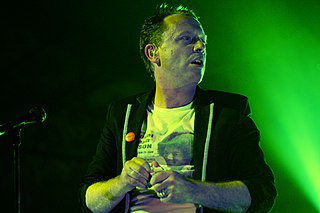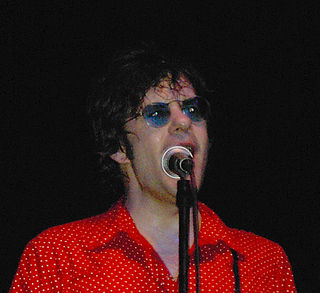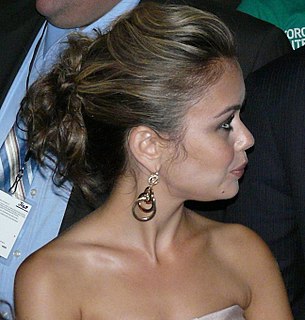A Quote by Jazmine Sullivan
I think a lot of the way that I try to write my stories come from watching my mom write plays and trying to do that.
Related Quotes
I don't write as much now as I used to, but I write. The lines still come, maybe periodically, and I'll go through these little bursts of time where I write a lot of things then a long period of time where maybe I don't write anything. Or these lines will come into my head and I'll write 'em down in a little book, just little sets of lines, but I won't try to make stories or poems out of them. I'm doing a lot of that now, just the lines.
I think if you listen to our records, they come at different points in your life. When people say to me that Stars records have themes, I think what they mean is we write songs - or try to write songs - that are timeless. We try to write songs that catch you at the right time in your life, and that you can hold on to. We write kitchen sink songs. If you're doing the dishes or you're driving to your mom's funeral, or if you're getting over having done MDMA and you feel sad, you can listen to Stars because we're not going to demand of you that you be cool.
I try to write for highest common denominator. I don't write for dumb people. I figure if everybody doesn't get it, that's OK. Someone bright enough will get it, and that's who I write for. It's probably not the way to make million-sellers. What can I say? I won't apologize for trying to write for smart people.
Any negative review you write, they'll say, "Oh, you're being so mean." I think the problem with a lot of criticism is that too many critics either write just description or they write in a Mandarin jargon that only a handful of people can understand, or they write happy criticis - everything is good that they write about. I think that's really not good. I think it's damaged a lot of our critical voices.
People who take books on sex to bed become frigid. You get self-conscious. You can't think a story. You can't think, "I shall do a story to improve mankind." Well, it's nonsense. All the great stories, all the really worthwhile plays, are emotional experiences. If you have to ask yourself whether or not you love a girl or you love a boy, forget it. You don't. A story is the same way. You either feel a story and need to write it, or you better not write it.




































